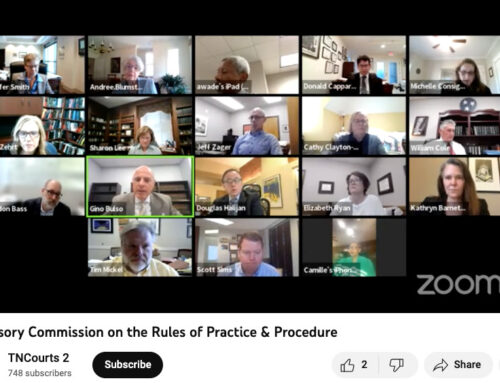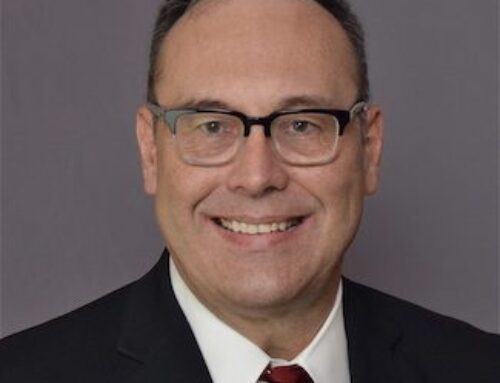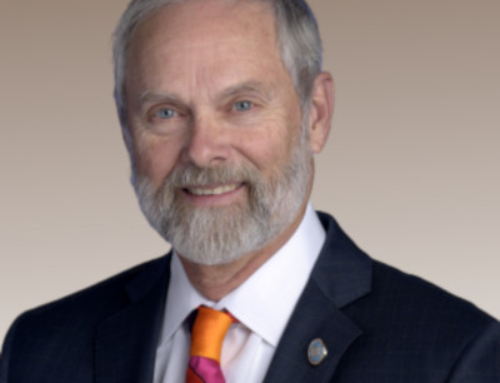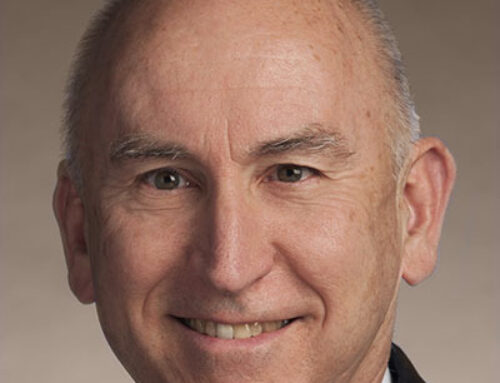Greene County Mayor Alan Broyles ordered police to escort a man out of a public meeting of the Greene County Industrial Development Board after the man asked the board to “speak up” so members of the audience could hear.
The man, reported to be Eddie Bruce Overholt on the Save the Nolichucky Facebook page, made his request right after Broyles, the chairman of the board, told the audience, “If we have any more outbursts from the audience, you will be removed from the building.”
Police escorted the man out and said he was being arrested for disrupting a public meeting.
The meeting concerned the re-application to Tennessee Department of Transportation for right-of-way to build a double-pipeline that would be used by US Nitrogen to get and return water to the Nolichucky River. The issue has been controversial in Greene County, and a pending lawsuit questions the secrecy around bringing the company to town. US Nitrogen plans to make liquid ammonium nitrate, a component in industrial explosives.
I was called about whether someone could be removed from a public meeting, and whether anything in the Open Meetings law requires members of a governing body to be audible in their discussions at a public meeting.
Earlier this year, we explored the right of governing bodies to kick cameras out of public meetings.
An Attorney General’s opinion laid out the reasoning for asking someone with a camera to leave and quoted the Tennessee Consitution: “Under Article I, Section 19 of the Tennessee Constitution, a city council may only regulate access to its public meetings in a manner that reasonably serves public safety and welfare, or its ability to conduct orderly and efficient proceedings.”
The AG concluded that a ban on camera equipment in a public meeting was not proper, but said that if it was causing a disruption or interrupting the ability to conduct orderly and efficient proceeding, the governing body could ask the cameraperson to leave.
The law provides a right to attend a public meeting of a governing body, but it doesn’t guarantee the right to participate or speak at the meeting.
While the Tennessee Open Meetings Act’s wording doesn’t directly lay out the right of citizens to hear the deliberations in a public meeting that they attend, it would be hard to find someone who would argue that having a public meeting where the governing body could not be heard makes too much sense.
And most governing bodies do try to make sure they can be heard by the public. In the video from this particular meeting, the board members of the industrial development board are seated around a table, some with backs to the audience. Behind them is a more traditional platform with microphones.
Whether the citizen was causing a disruption may be in the eye of the beholder.
— Deborah Fisher, executive director of Tennessee Coalition for Open Government.




